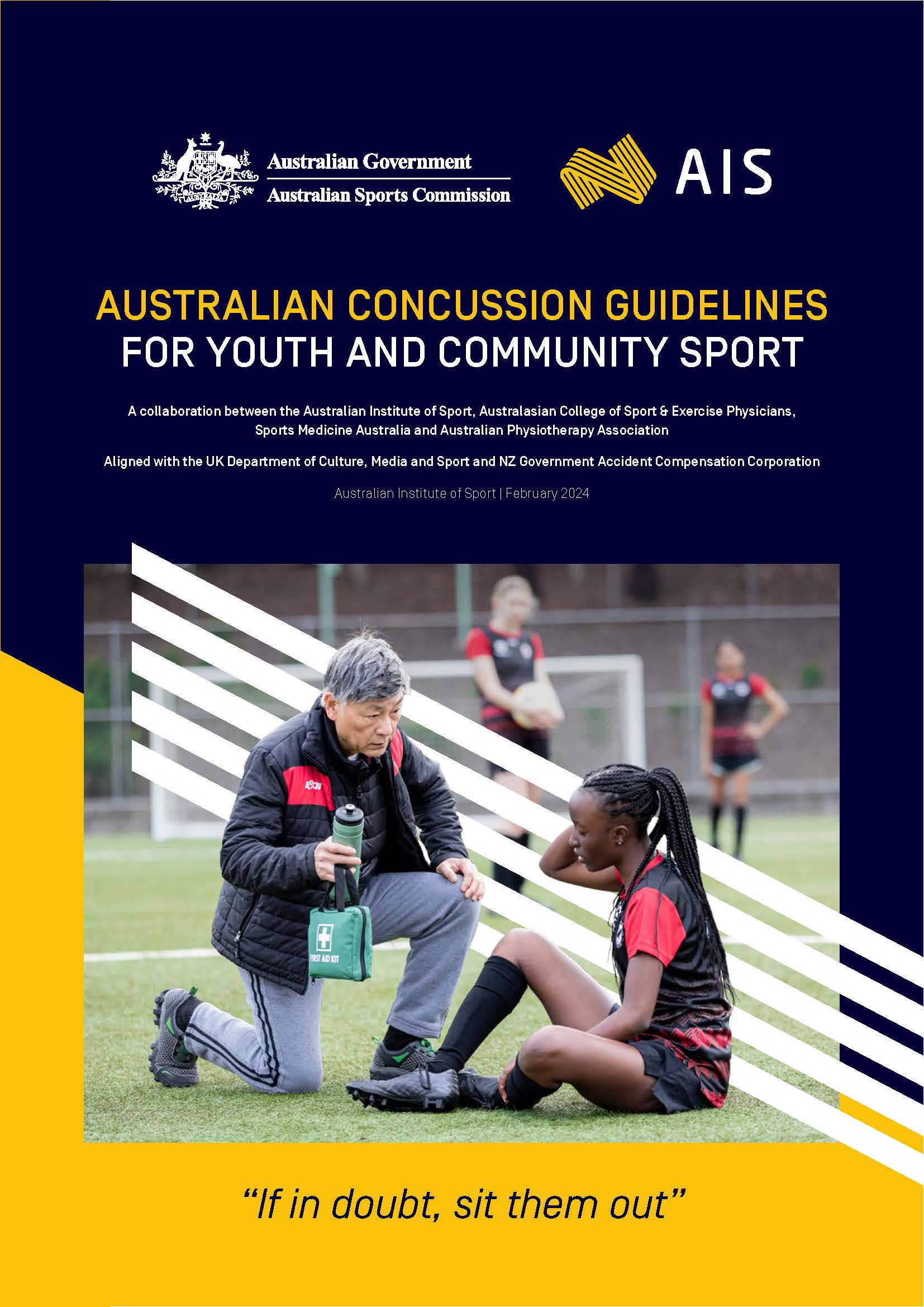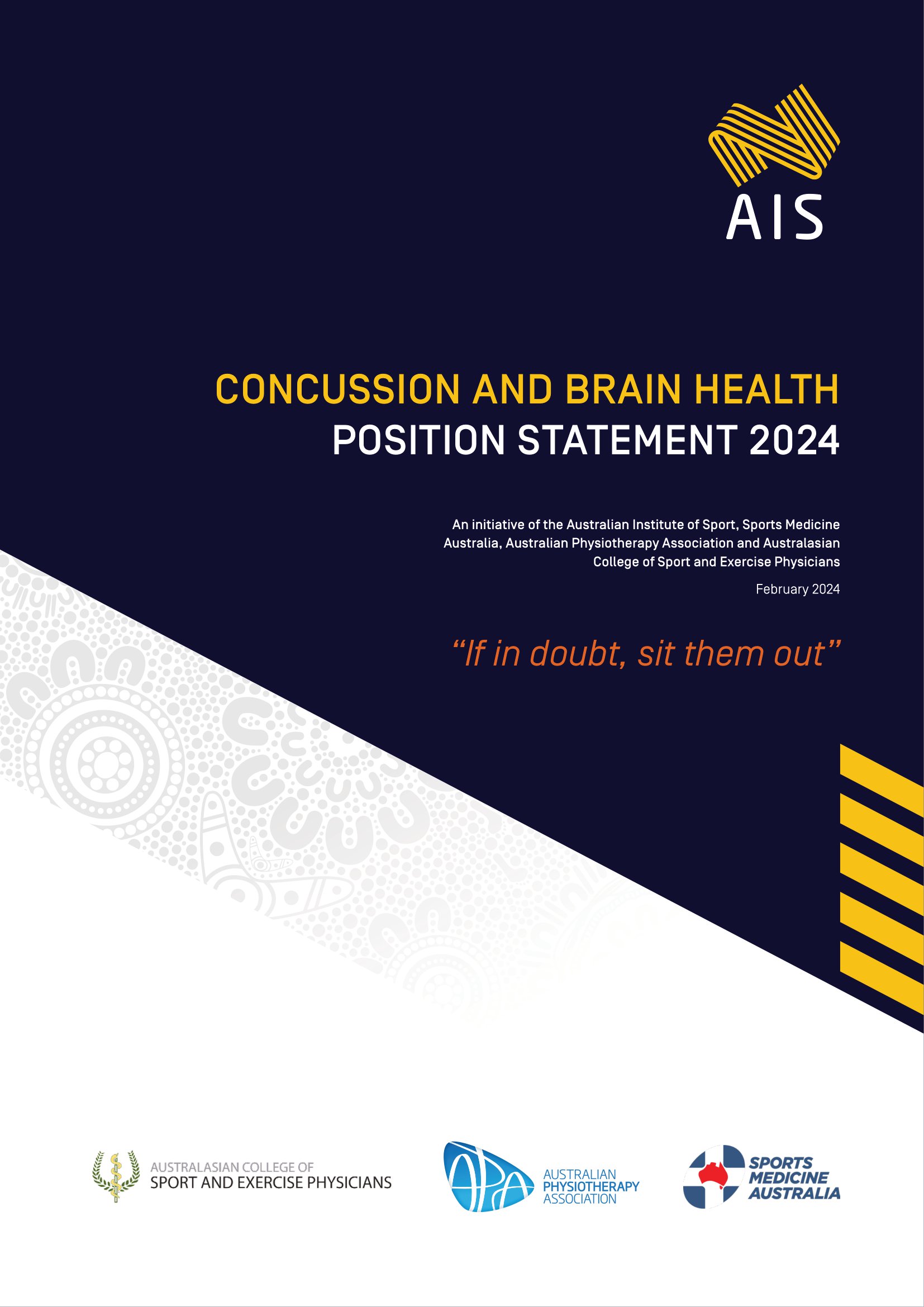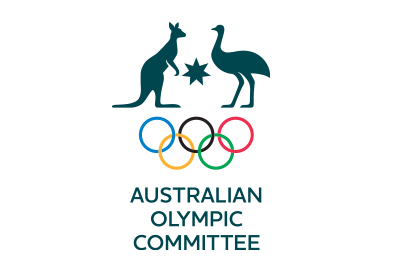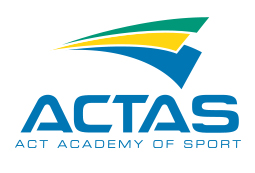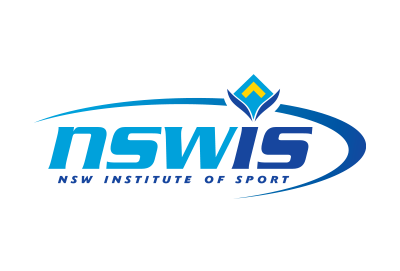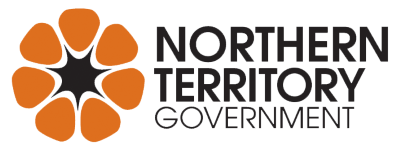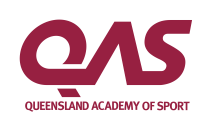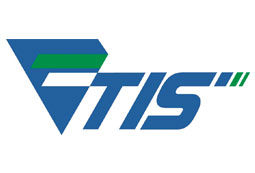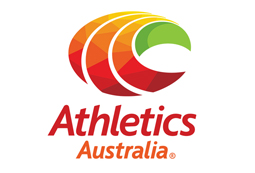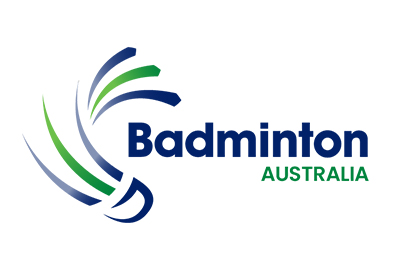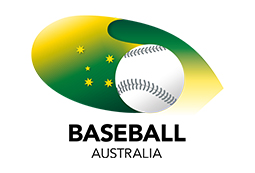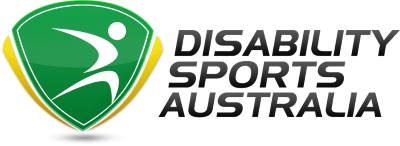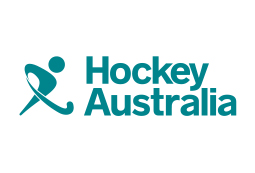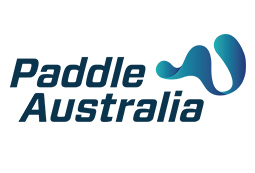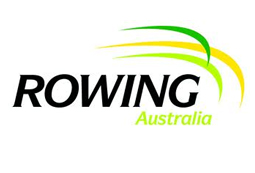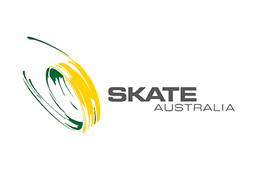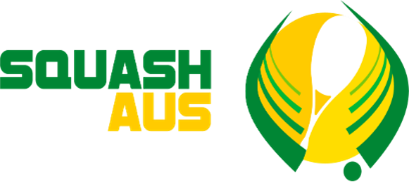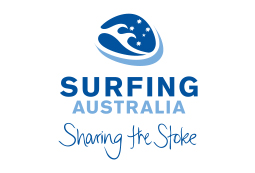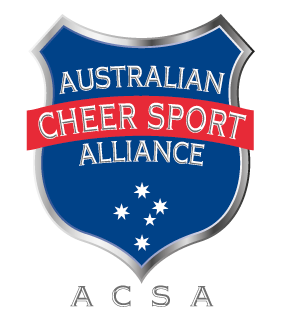There is growing concern in Australia and internationally about the incidence of sport-related concussion and potential health ramifications for athletes.
If managed appropriately, most symptoms and signs of concussion resolve spontaneously. However, complications can occur, including prolonged symptoms and increased susceptibility to further injury.
The Australian Institute of Sport has put together the following resources to support the Concussion and Brain Health Position Statement.
"There is no such thing as a good concussion, and we need to be concerned about each concussion and manage each concussion seriously."
David Hughes, AIS Chief Medical Officer
Concussion in Australian Sport brings together the most contemporary evidence-based information on concussion for athletes, parents, teachers, coaches and medical practitioners.
It provides a valuable and trusted resource for the management of sports-related concussion for all Australians, regardless of the sport, location or level of participation.
In working together, Concussion in Australian Sport aims to:
- Improve safety and health outcomes for all people who suffer concussive injuries while participating in sport.
- Make effective use of funds in the financially-constrained sport and health sectors by providing best practice protocols and guidelines for all sporting and medical organisations.
- Assist all sporting and medical organisations to align their policy and procedures with the most current evidence and expert opinion available.
- Provide consistency of approach in the recognition and management of concussion in Australia.
Australian Concussion Guidelines for Youth and Community Sport
The Australian Concussion Guidelines for Youth and Community Sport have been designed to provide clear and consistent guidance on concussion for parents, teachers, coaches, sideline staff and others involved in youth and community sport.
These guidelines provide information on how to recognise and manage concussion from the time of injury through to a safe return to education, work and playing sport. This information is intended for the general public and for individuals participating in youth (those aged under 19 years) and community sports where healthcare practitioners are less likely to be available to diagnose and monitor symptom progression of individuals with concussion.
Concussion and Brain Health Position Statement 2024 (CBHPS24)
Funded by the Australian Government, the Concussion and Brain Health Position Statement 2024 (CBHPS24) brings together the most contemporary evidence-based information and presents it in a format that is appropriate for all stakeholders. The Position Statement is intended to ensure that participant safety and welfare is paramount when dealing with concussion in sport.
Importantly, the updated Position Statement provides clear return to sport/learn timelines by extending the minimum stand down period for both youth (those under the age of 19 years) and community sport following an incidence of sport-related concussion. This conservative approach to concussion management requires the individual being 14 days symptom free (at rest) before returning to contact sport training, and a minimum of 21 days before returning to competitive contact.
This update provides further information on concussion management in female and para-athletes, an expansion of the role of physiotherapists in the diagnosis and management of sport-related concussion, long-term and holistic approaches to brain health, best practice management of multiple concussions, and the creation of a ‘concussion officer’ in schools and community clubs. The Position Statement will be updated routinely to ensure it remains consistent with contemporary evidence.
If in doubt, sit them out!
Key Partners
The AIS wishes to acknowledge the following key partners for their role in the development of the Concussion in Australian Sport resources.

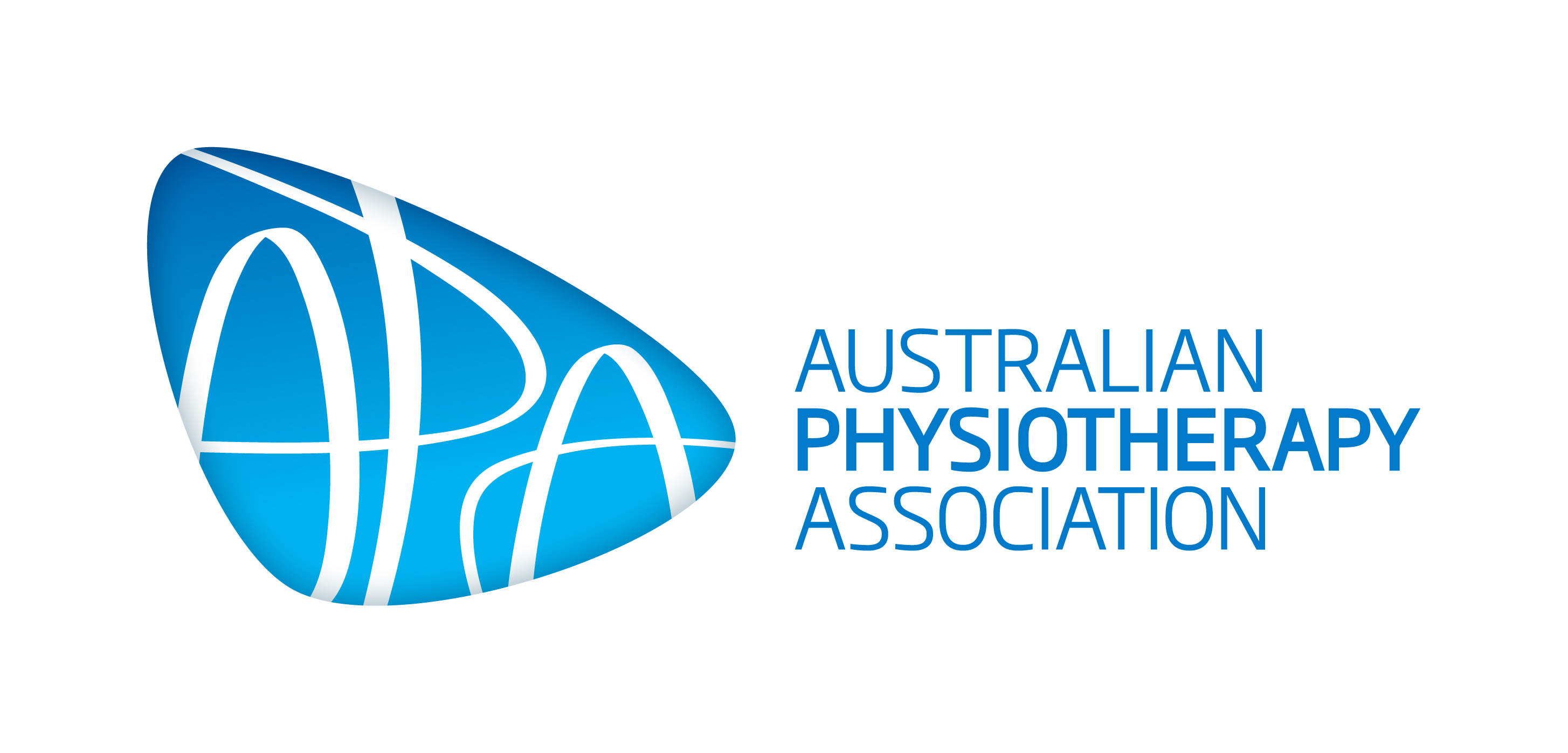
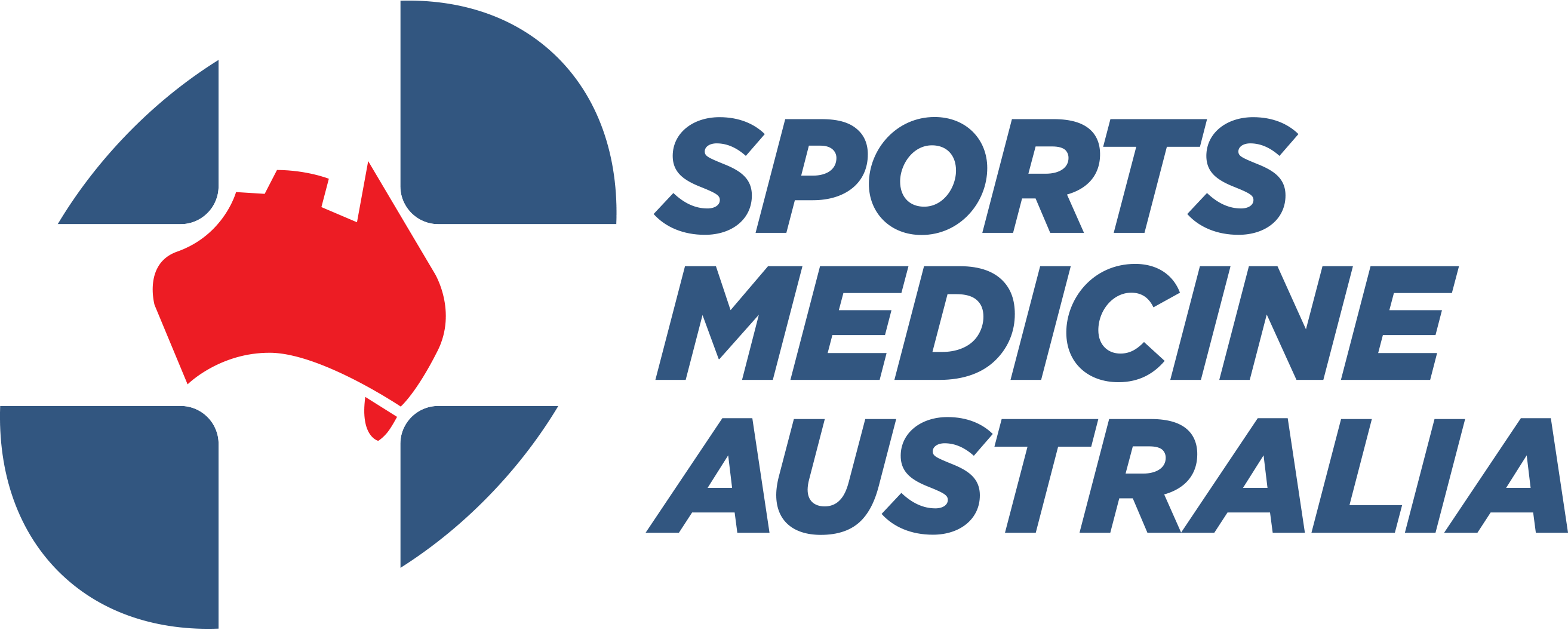
Endorsing Organisations
For further information on the Concussion in Australian Sport initiative please contact the Australian Institute of Sport at concussion@ausport.gov.au
For media enquires, please contact media@ausport.gov.au or +61 2 6214 1465






